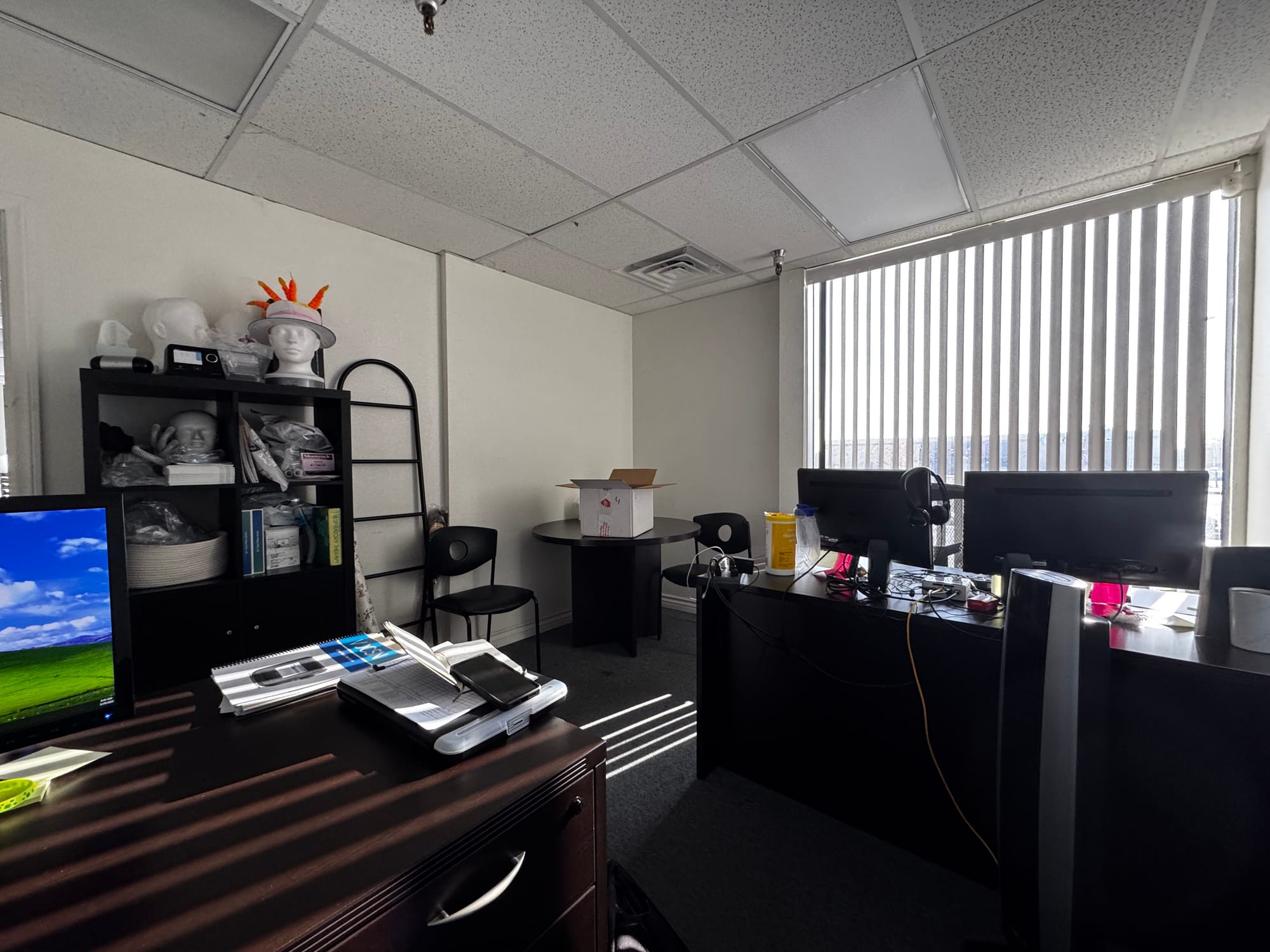Demolition Man (1993)

For today’s post, I’m finally getting around to writing about Demolition Man (dir: Marco Brambilla, 1993). If memory serves I believe I watched this film on Saturday 3/15/25 in the evening. I don’t recall anything particularly interesting that happened that day. I suppose I was not too interested in the movies that were playing in theaters that weekend and decided to comb through my backlog of movies that I own, but have yet to see. Demolition Man immediately caught my eye, mainly because it was on my desk as I had only recently purchased the 4K blu-ray.
Today, I am on-call and am currently writing this post in my office at work while I wait to see a patient out in Big Bear in a couple of hours. Perhaps I could be using these hours I’m “making up” by doing something work related, but I’m really just waiting for the patient to be awake and ready. If I wasn’t writing, I’d just be gaming on my Steam Deck because fuck doing non-emergency work on the weekend.


The office that I share at work. The person that I share it with is usually not here, so I often have it to myself.
My week has otherwise been going okay, School’s in the area have been on spring break, which is good for me because I coincidentally have been seeing patients that live close to schools and it’s often a pain to get there and leave as I often see them when the schools are letting out for the day. I won’t be on-call for Sunday as they have a part-timer covering a couple sundays for people each month now. That unfortunately won’t be the case for my birthday next month, which falls on a Sunday when I happen to be on-call. I would ask someone to swap the whole week with me, but they were already unwilling to give Wednesday of that week. Plus I have stuff going on in May that I want to keep open so that’s a no go. I have money set aside every other week for more costly purchases, which has lately been used for watches. After seeing a sale on Seiko pieces, I splurged said savings on two as a birthday present for myself. One of them arrived this week, a Seiko SRPE51 watch from their so-called “5 Sports” line. The appeal of this particular watch to me is its versatility as you can use a variety of straps or bracelets to fit most occasions. It came with a stainless steel bracelet that fit me pretty well after some adjustments, but I’m currently wearing it with a one-piece nylon strap that I borrowed from one of my other watches and it works just as well.

As I wrote earlier, I watched Demolition Man at home via the 4K blu-ray disc from Arrow video. In terms of transfer quality, I have no complaints but I admit that I don’t necessarily have a keen eye for these sorts of things. I leave that to the people over at blu-ray.com, just be sure to avoid their opinion pieces on the movies themselves though. Something that I like to do with movies that I own is to watch the trailer (preferably a teaser) right before watching the movie. This is especially the case for movies before the 2000s as I think it kinda gets me in the mood so to speak and sort of brings that theater vibe to the home. I did that for this film and it did deliver in bringing in that 90s cheese. The 4K disc includes two versions of Demolition Man, the US release and the international release. As far as I understand, the only difference between the two versions is the product placement that is used, which I’ll get into later. For this viewing, I chose the US version of the film.
Demolition Man takes place in the near (for the time of this film) future of 1996 Los Angeles. It stars Sylvester Stallone as John Spartan (years before Halo: Combat Evolved) as an elite cop in the LAPD, nicknamed the “Demolition Man” on account of the massive collateral damage he leaves in pursuit of criminals. Spartan is obsessed with taking down his hyperviolent archnemesis, Simon Phoenix (Wesley Snipes). Both men find themselves sentenced to be cryogenically frozen for subliminal rehabilitation after Spartan fails to save several hostages when apprehending Phoenix. We now find ourselves in the year 2032 in the non-violent supposed utopia of San Angeles (a merger of LA, San Diego, and Santa Barbara). It is here where Phoenix is thawed for a parole hearing but escapes. Seeing as the police in this time never had to deal with such a violent criminal, the department sees fit to thaw out John Spartan to pursue.
So as always, I begin with what works for me in this film. Wesley Snipes as the hyperviolent criminal, Simon Phoenix really stands out. His character takes genuine joy from causing as much mayhem and chaos as possible, and Snipes really looks like he is having a blast with the role. In addition to the kind of infectious enthusiasm Snipes brings to the role, he delivers on the laughs as well. Stallone’s John Spartan character is often played more seriously, which can be funny at times (intentionally or not) and a lot of the jokes that come his way center around Spartan’s fish-out-water experience with 2032 San Angeles (I’ll get into how well this works today in a little bit). Meanwhile, Snipes as Simon Phoenix frequently delivers on deliciously cheesy one-liners and I just find his character’s reaction to the new world around him to be more entertaining. Furthermore, I noticed that Spartan and Phoenix had a sort of Batman and Joker dynamic going, something that I feel was confirmed when we see Sandra Bullock’s character’s office full of trinkets from the past, including figures of Batman and Joker tucked away in the background.
From here I’m going to be delving into the social commentary in this movie and I feel that I can’t do that without revealing more details about the story and its characters. So if you haven’t seen this movie before and are interested in watching it, I’d advise you skip to the ending paragraph
The social commentary in this movie can be hit or miss in my opinion, especially today. In the film’s opening, the depicted “ near future” of 1997 Los Angeles wants to showcase a violent hellscape where crime is out of control and the police can barely contain it. This film was released after the 1992 LA Uprising, related to the arrest and beating of Rodney King at the hands of LAPD officers, so images of the unrest were likely still in the public conversation. As such, it’s in poor taste (to say the least) for the movie to try to visually emulate real life civil unrest and contextualize it as random, not politically motivated crime done at the hands of an over-the-top character like Simon Phoenix. That being said, when I was watching the opening for this movie, I didn’t really focus on the chaotic scenes being depicted. What caught my eye was that 1997 LA, as depicted in the opening of this film, is pretty much a Cop City where an essentially militarized police force has seemingly unlimited resources like attack Helicopters and parachuting one-man army cops like John Spartan.
On the other hand, we have the supposed utopia of 2032 San Angeles. In this city, violent crime has been eradicated, everything is shiny, high-tech, & clean, and the police force essentially act as glorified HOA enforcers concerned about vagrants or people swearing. The citizens that live here behave pompously and are dressed elegantly, often appropriating other cultures (mostly from Asia). Consumerism is rampant and monopolization is prevalent. This is where the product placement in this movie comes into play. The movie explains that there was a “franchise war” between the major restaurants and apparently Taco Bell came out on top and was able to consolidate all aspects of the food industry. In the international version of the film, it is actually Pizza Hut that wins the franchise wars, apparently because Pizza Hut was more popular for European audiences at the time. I don’t believe you see a single grocery store in San Angeles, everything related to food in that city is Taco Bell/Pizza Hut. If you don’t think that’s bad, the people in this society are apparently not allowed to listen to conventional music either, as it’s deemed that it can inspire immoral (or perhaps revolutionary thought). Instead you are allowed to enjoy tunes designed to be inoffensive with mass appeal: commercial jingles. Over the course of the film, we learn that the administrative overseer of San Angeles (played by Nigel Hawthrorne) wants to extend his model of society across the nation, but faces opposition from revolutionaries, called the Scraps, that live underground and outside the rules of society. So he orchestrates Simon Phoenix’s escape and enhances his abilities in order to assassinate the leader of scraps, Edgar Friendly (Denis Leary).
With that context in mind, it sounds like the movie is critiquing a form of facism that honestly seems more likely to happen IRL than what we may imagine to come from the current US administration. That being a clean and seemingly progressive neoliberal society where the 1% live prosperously (but under restrictions) by means of forcibly removing elements deemed undesirable by those in power, which in this case seems to be marginalized ethnic communities and poor whites. The kicker though is that the movie doesn’t want you to think about any of that and instead wants you to think “this is the future democrats want” with how PC and restricted the people of San Angeles’ surface are. The film wants you to laugh at how ineffective, weak, and emasculated the San Angeles police force is by…having them not immediately pull out guns, be prone to violence, and use peaceful de-escalation tactics? Yeah in the context of the movie, this is bad because Simon Phoenix can’t be apprehended, but outside of that I’m sure plenty of people want to see the police as a whole behave this way. Edgar Friendly, the leader of the underground revolutionary group I mentioned earlier, describes himself as a free-thinker and “proponent of free speech”. His grievances with the society above are aimless and more about how he can’t say what he wants and eat a greasy ass steak than how he and his community are living in extreme poverty and have to raid Taco Bells for foodstuffs. Eventually, John Spartan teams up with the revolutionaries as he thinks, “Oh these people aren’t anarchists or anything scary and disruptive like that, these guys are just looking for food and can cook a mean rat-burger. They’re alright”. Ultimately, the film wants to poke fun at the liberals of the 1990s with how this future version of Los Angeles is depicted and posits that it takes a man’s man like Officer John Spartan and his alpha conservatives get-shit-done attitude to make things right. Supporting characters like Sandra Bullock as Lenina Huxley and Bill Combs as Zachary Lamb serve as vindicators for the way policing used to be done, which I’ll remind you was the militarized cop-city hellscape of 1997 LA depicted earlier in the film. Any interesting or insightful commentary on the legitimately shitty things about this future society seem minimal, almost accidental.
I didn’t think I would have that much to say about this movie to be honest, but here we are. Overall I’m gonna give Demolition Man a Just a Movie. If you’re in the mood for schlocky 1990s action, this movie does well to entertain in that aspect. Again the highlight of this movie is Wesley Snipes and the over-the-top fun he brings to the table as Simon Phoenix. In spite of how deep I went in on the movie’s social commentary and what I feel it’s trying to say, I think it's the sort of copaganda film where you can more or less ignore that aspect and be entertained by the spectacle, kinda like Top Gun: Maverick (2022) in that sense. Whether or not you think that’s still problematic, I’ll leave for you to decide. My next post should be on Black Bag (2025). Have a good night!